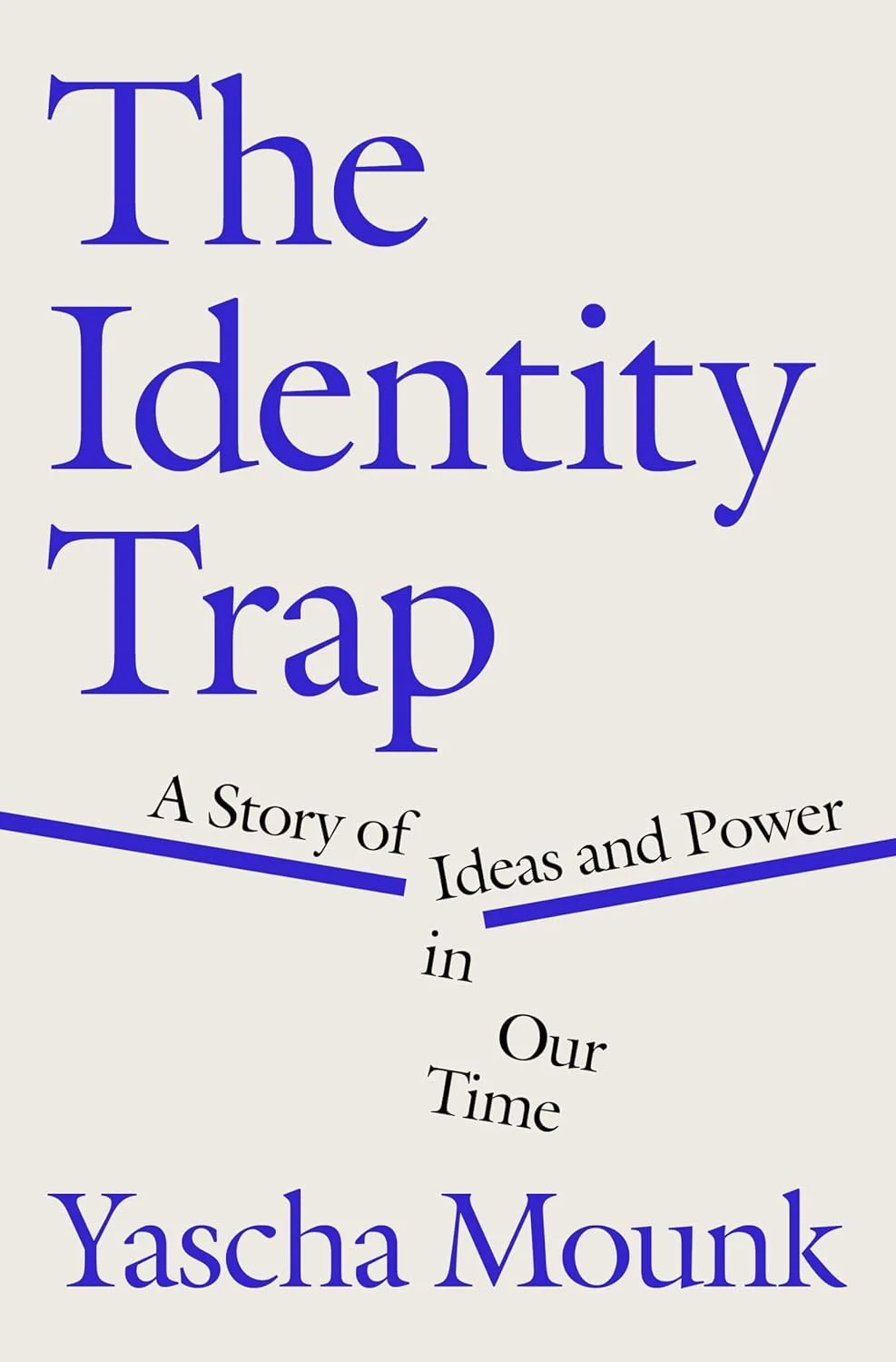Hillbilly Elegy - A Review
I’ve now read the much discussed book by J. D. Vance, Hillbilly Elegy: A Memoir of a Family and Culture in Crisis. It was promised to be a gritty read, revealing the reality of poverty in the Appalachian region that is often overlooked. The book largely lives up to its reputation.
Vance notes early on that it seems odd for someone his age—he’s in his early thirties—to write a memoir. Unlike the biographies of young Christian athletes that seem to lurk on the shelves of Christian bookstores, Vance’s memoir is not presumptuous but worth the time it takes to read it.
So much time and effort is spent in explaining urban poverty. The breakdown of the urban family. The overloading of the urban school systems. Often the term “urban” is a code word for racial minorities.
While cyclic poverty is an issue in cities, Vance exposes the reality of rural poverty and shows that in many ways it may just as severe a problem as the urban variety. In fact, for some, rural poverty has a strong potential to be more severe. One reason for this is that many of the resources the urban poor rely upon are simply unavailable for the rural poor, or they are located too far away to be useful.
Vance succeeds in painting an accurate picture of some of the worst off among the so-called hillbillies. Having grown up in the foothills of the Appalachians, surrounded by people that fit the description of Vance’s hillbillies, I’ve heard some of the stories, seen some of the stress on kids, and smelled some of the misery he’s talking about. Thankfully I’ve never lived it, but it was close by. (I’m thinking about, for example, my friend whose dad was in jail for killing his mom with a hammer while high on some form of drugs.) Reading Vance describe what he went through gives me a bit more empathy for some of my acquaintances who were surviving bad situations.
If there is one key takeaway from reading this book, it should be empathy. It is likely that Vance’s story represents both the low end of hillbilly culture with the drug addicted mother, revolving door father-figures, and unawareness of the outside world. At the same time, it also represents an atypical result where someone was able to overcome the difficult start and had the talent to make it to and graduate from Yale’s law school. However, reading about the domestic abuse and social stigma Vance dealt with should work to kill some of the unforgiving dismissal of hicks, bumpkins, and swamp people that is common in suburban and urban culture. (I state that it is common based on anecdotal data, rather than empirical evidence)
Just as telling the stories of ethnic minorities suffering simply because of their ethnicity are part of the narrative of identity politics on the left, so might listening to stories of legitimate hardship among the many white, rural poor are a necessary part of understanding the perspective of a large swath of the nation.
Vance’s story helps explain why it took me years to be able to understand the racially stilted form of identity politics common among some of my more liberal and well to do friends at the Naval Academy. I knew that poverty, broken families, and systemic disadvantages were not solely owned by today’s preferred protected classes. Thankfully, I’ve had good people patiently explain why systemic injustice is still largely a racial issue instead of screaming at me. I’ve also known enough ethnic minorities to hear their stories to understand the biases against them and lived in the South long enough to recognize the historical proximity of Jim Crow to today.
At the same time, many more cosmopolitan Americans still fail to recognize that being among the rural poor can be nearly as socially damning as being an ethnic minority, but without the protection of the media, the judicial system, and the cultural left. Hillbilly Elegy helps explain why some people don’t believe in “White Privilege” and think that affirmative action is a form of vile racism. They feel feel like they are on the bottom of the social ladder and the zero-sum game policies of the political left keep them down. In some cases, that’s likely the case. As Vance explains, being white doesn’t grant as much social capital as those who equate whiteness with established families and well-positioned social networks seem to believe. It’s not that there is no benefit in some segments of society to being white, but that it isn’t quite the pass to an easy life that some seem to describe.
Hillbilly Elegy doesn’t answer every question about the white working class and its struggles. It doesn’t offer a master theory that will unite the nation politically after a turbulent election year. The book is not an academic treatise that considers all potential historical causes, nor does it reconcile all of the possible sociological implications of rural poverty. However, this memoir of a kid who lived rough but is doing pretty well so far helps to give a view into a world that many people never see from the interstates. It challenges racial narratives and, if read for empathy’s sake, could break down some of the bubble many appear to live in.
Note: I received a gratis copy of this volume with no expectation of a positive review.



















































